During their visit, Estrin and Fadel spoke with residents, aid workers, and officials, gathering a glimpse into the lives of those affected by the conflict. "The scale of destruction is overwhelming," Estrin said. "You see entire neighborhoods reduced to rubble, and families who have lost their homes and livelihoods." Fadel added, "We saw children playing in the rubble, trying to find some sense of normalcy in the midst of chaos."
The war in Gaza has had a profound impact on the region, with thousands of homes destroyed and countless lives lost. The conflict has also had far-reaching consequences for the global community, with many countries and organizations calling for a ceasefire and humanitarian aid. "The situation in Gaza is a humanitarian crisis," said a spokesperson for the United Nations Relief and Works Agency for Palestine Refugees in the Near East (UNRWA). "We are working tirelessly to provide aid and support to those in need, but more needs to be done."
The Gaza Strip has a long and complex history, with the region being occupied by Israel since 1967. The conflict has been ongoing for decades, with multiple wars and ceasefires. The current conflict has been sparked by a series of escalations between Israel and Hamas, the militant group that controls Gaza. "The situation in Gaza is a symptom of a larger conflict," said a Palestinian official. "We need a comprehensive solution that addresses the root causes of the conflict, including the occupation and the blockade."
As the international community continues to respond to the crisis, Estrin and Fadel's reporting provides a vital perspective on the situation on the ground. Their tour has highlighted the need for continued humanitarian aid and a lasting solution to the conflict. "We hope that our reporting will help to raise awareness about the situation in Gaza and the need for a peaceful resolution," Estrin said.
The situation in Gaza remains volatile, with ongoing tensions between Israel and Hamas. The international community continues to call for a ceasefire and humanitarian aid, with many organizations working to provide support to those affected by the conflict. As the situation continues to unfold, Estrin and Fadel's reporting will remain a vital source of information for those seeking to understand the complexities of the conflict.
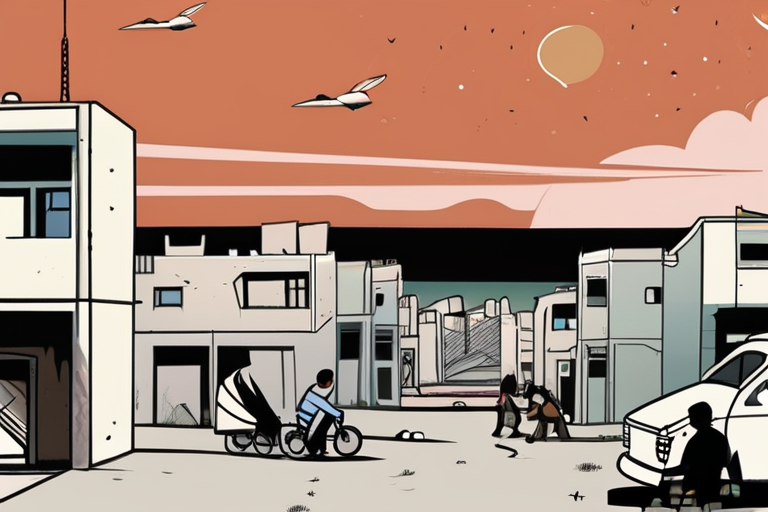


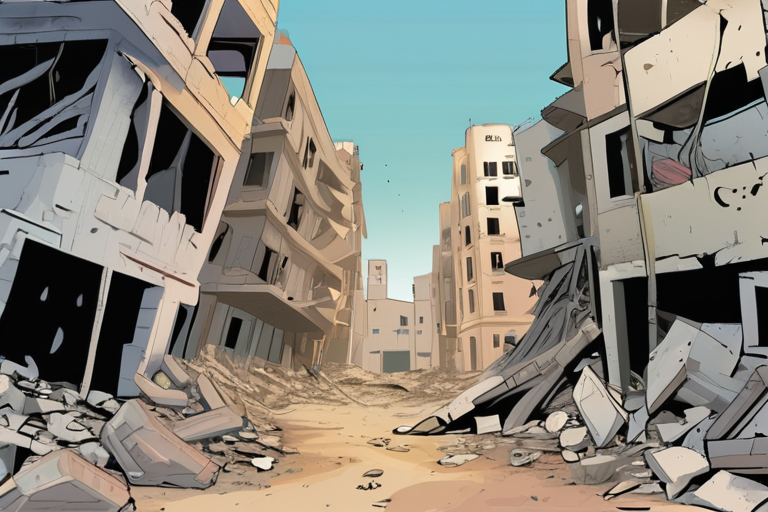
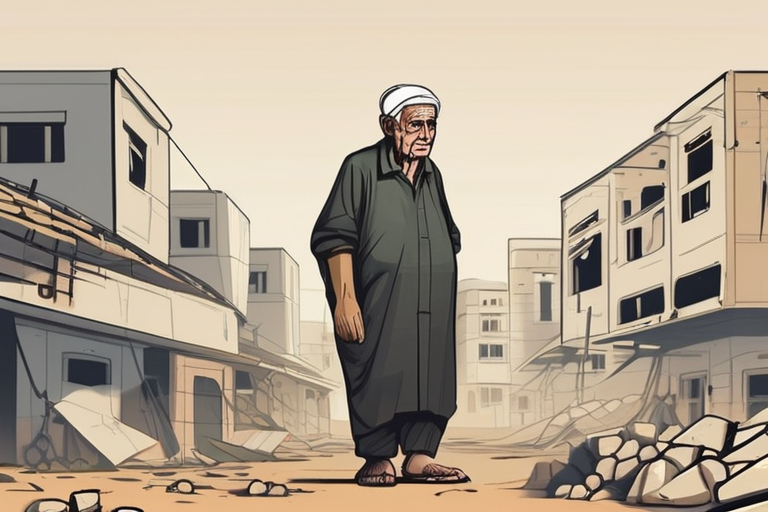
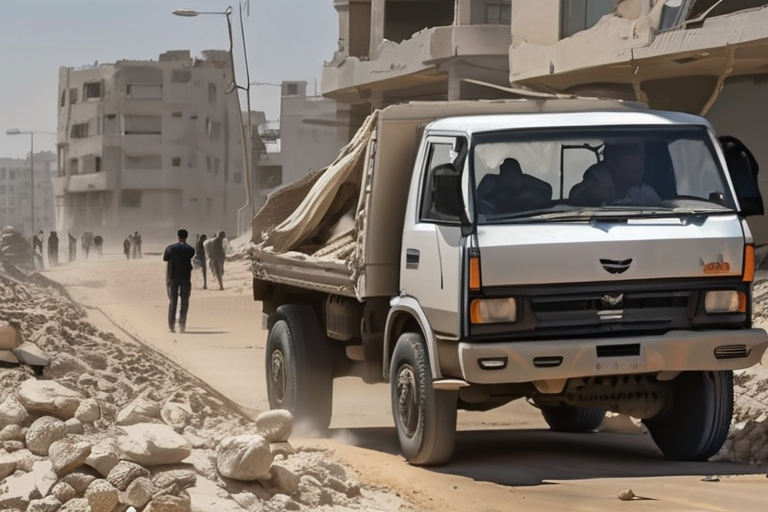
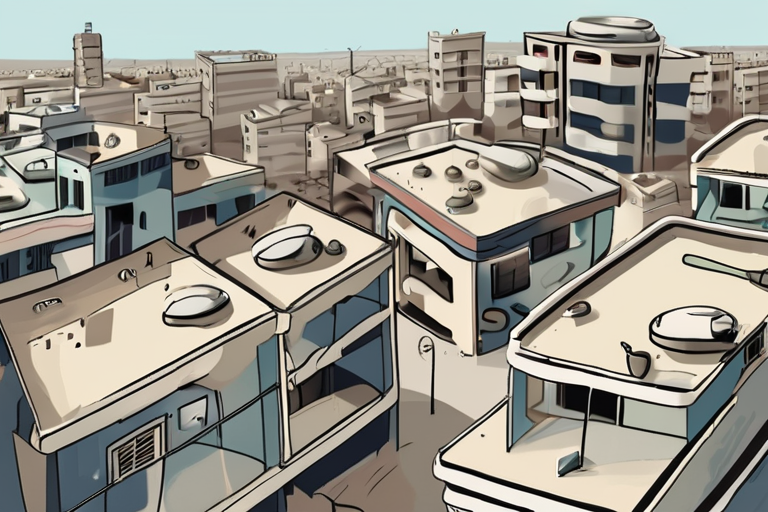
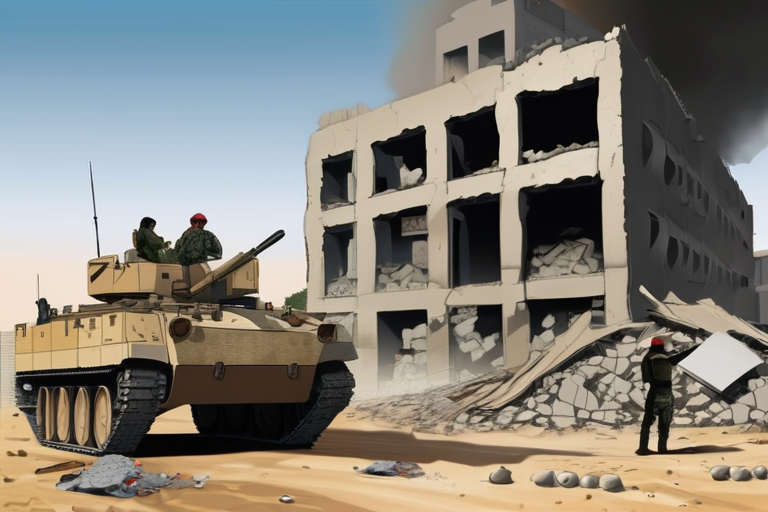
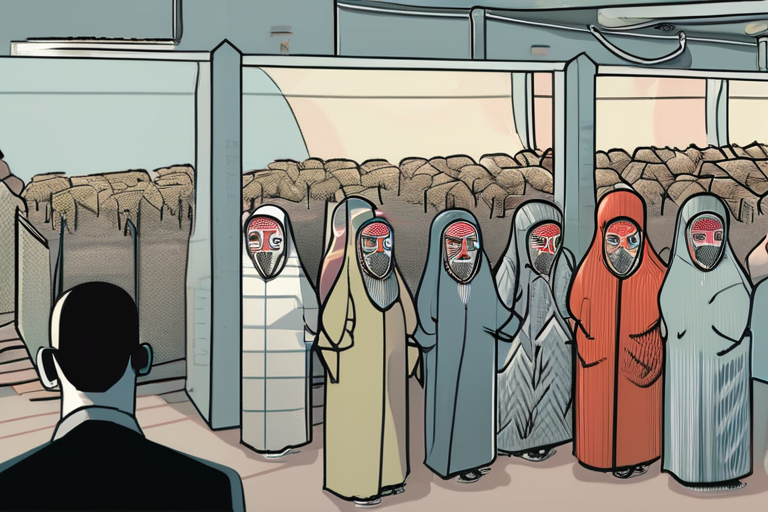
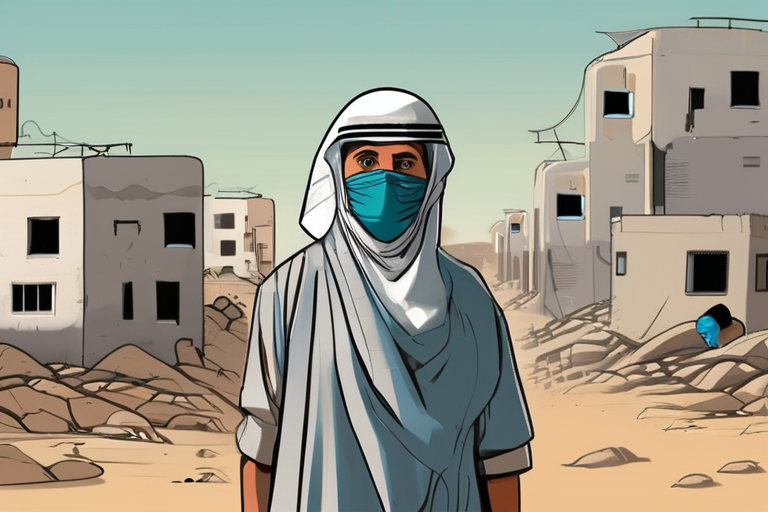
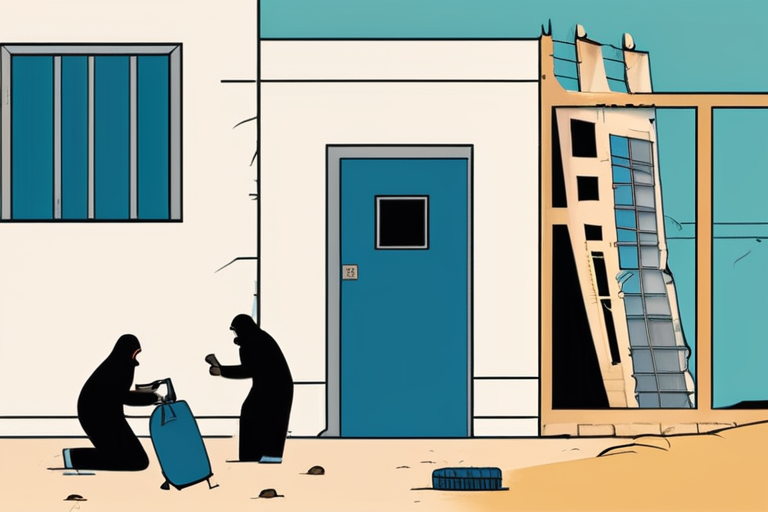

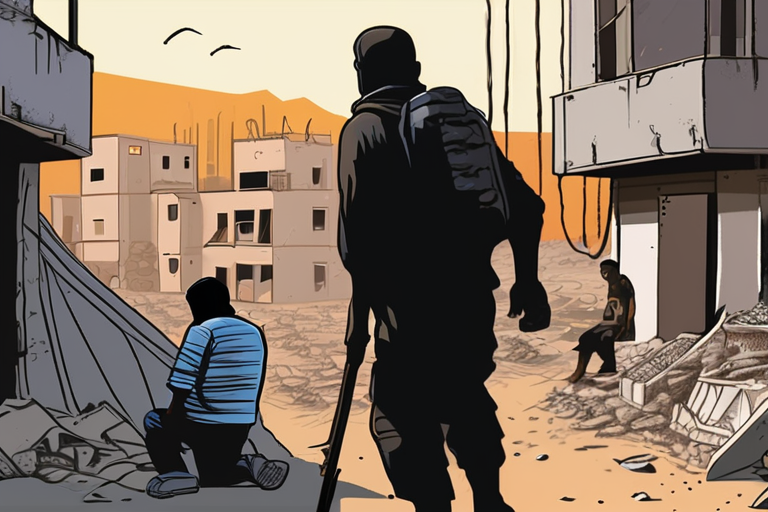
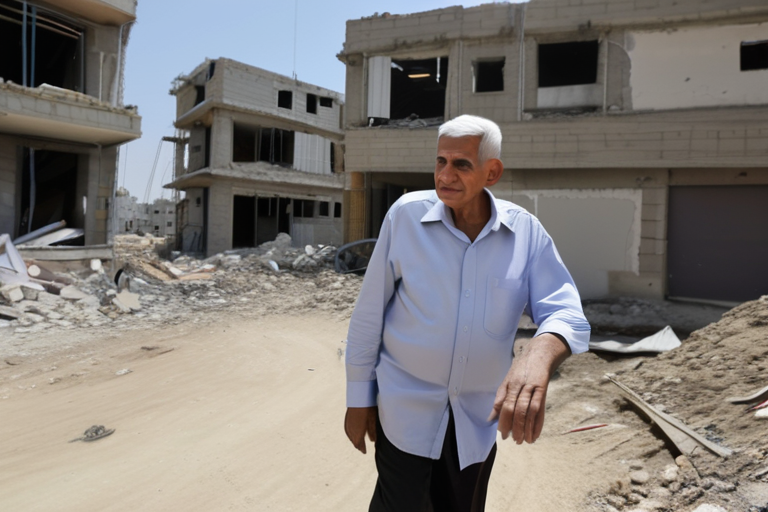
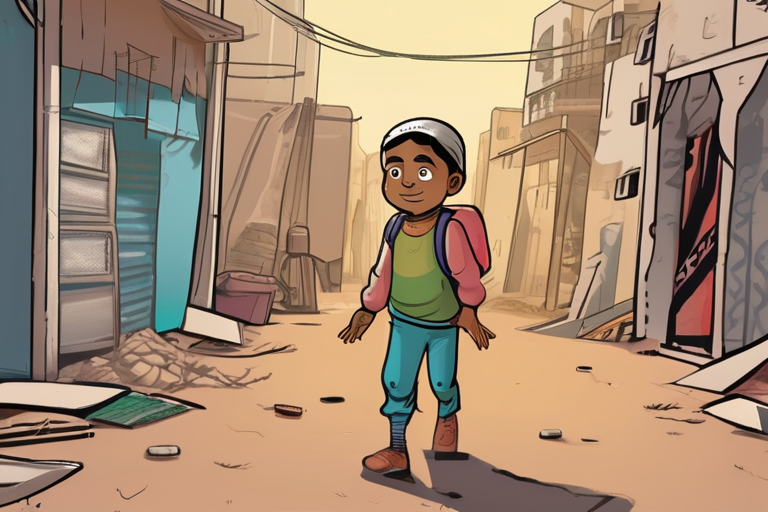
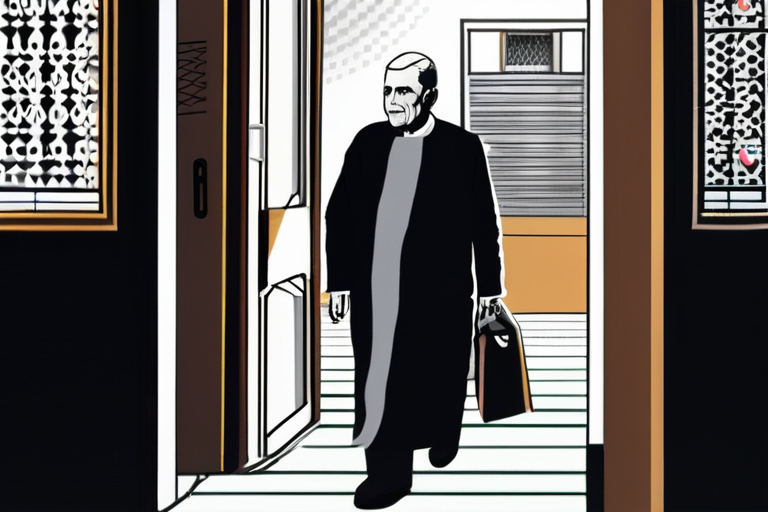
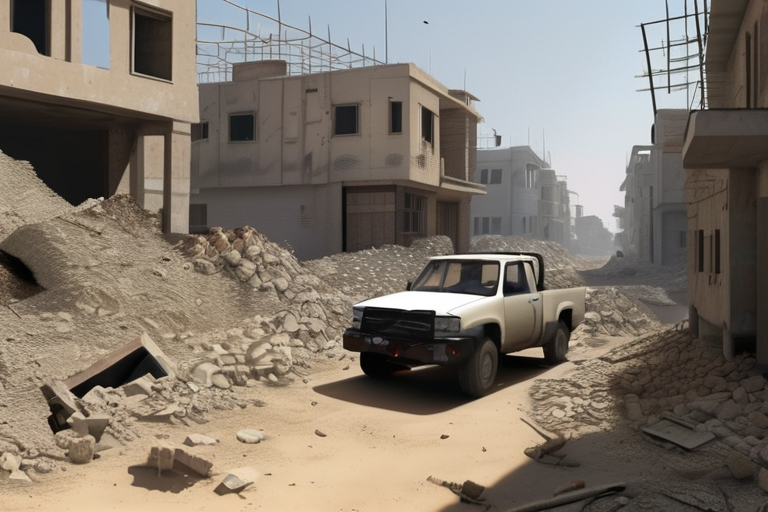
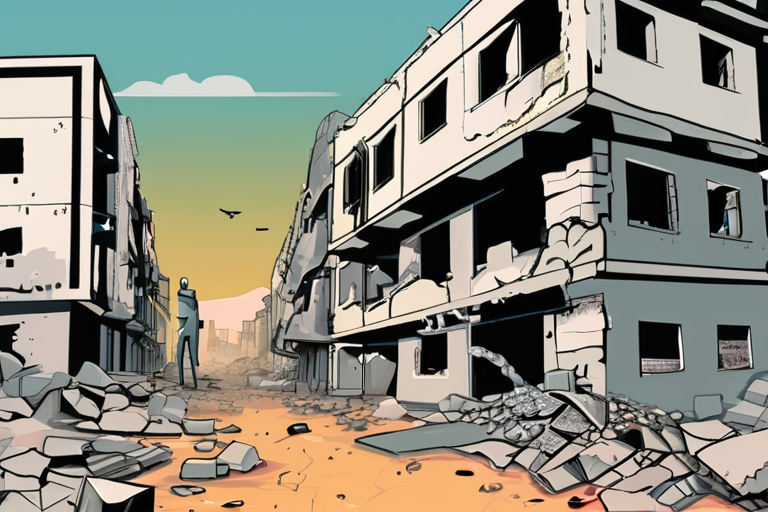
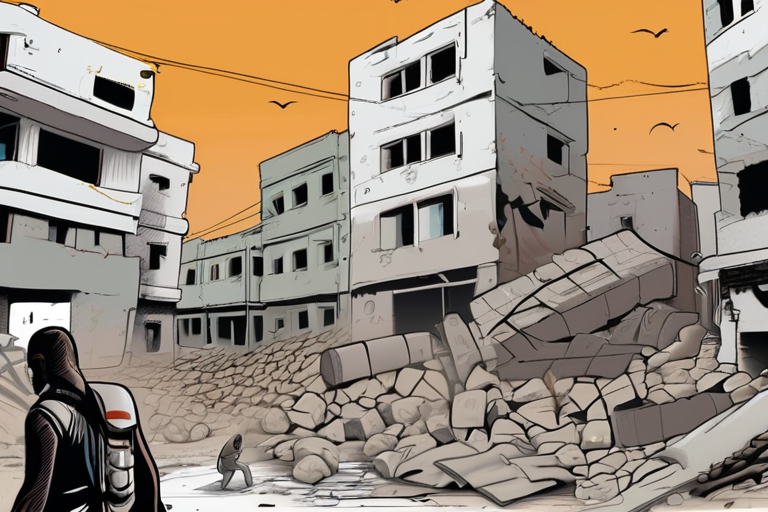
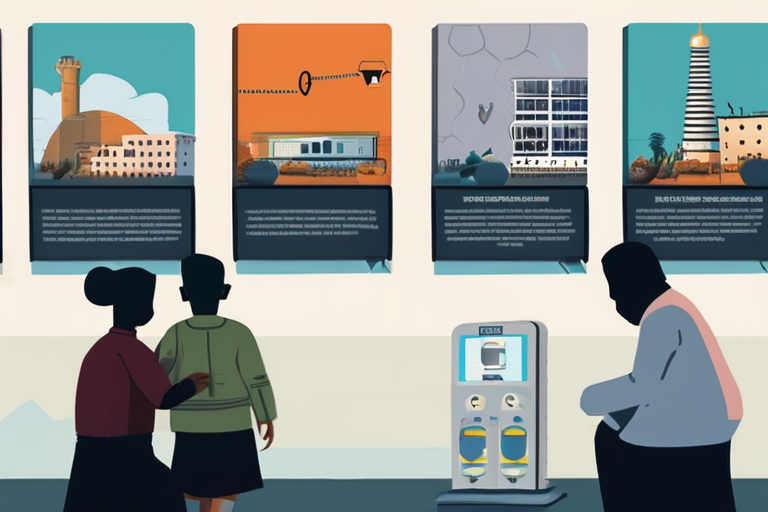
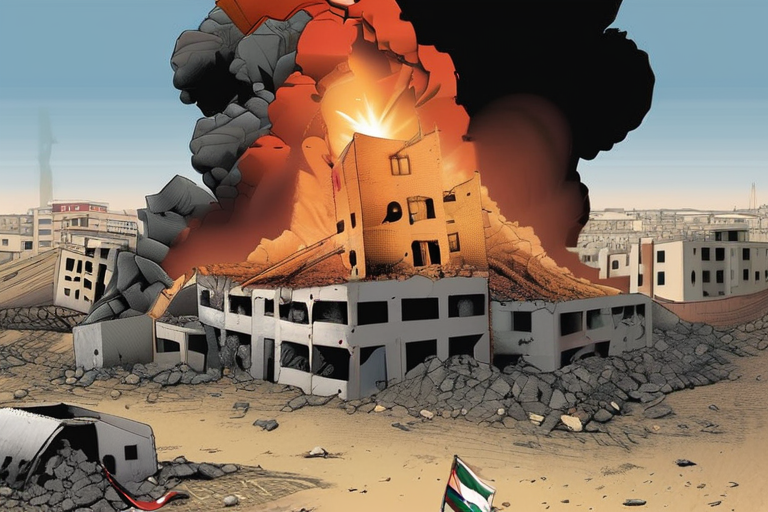
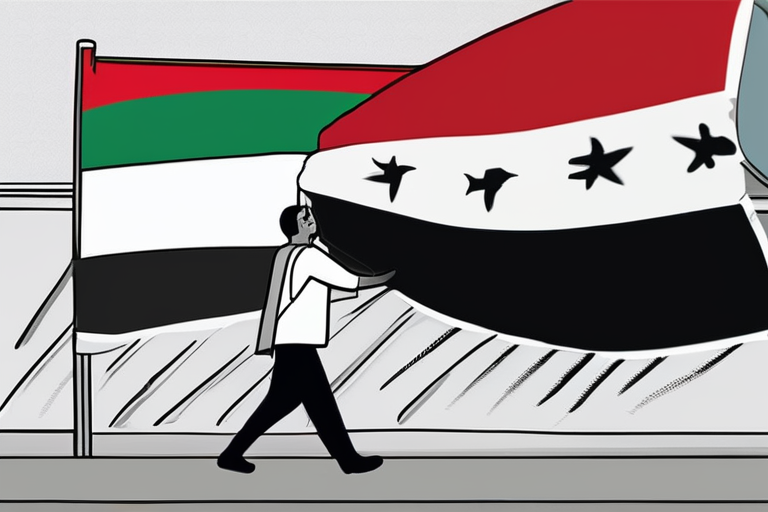
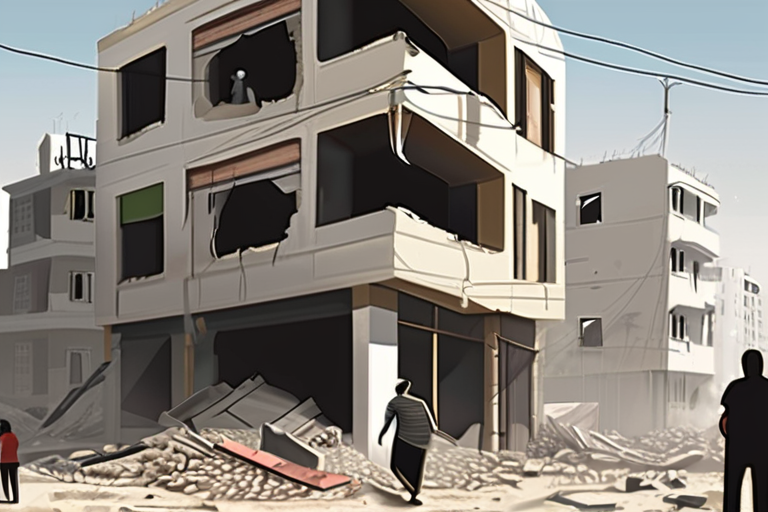
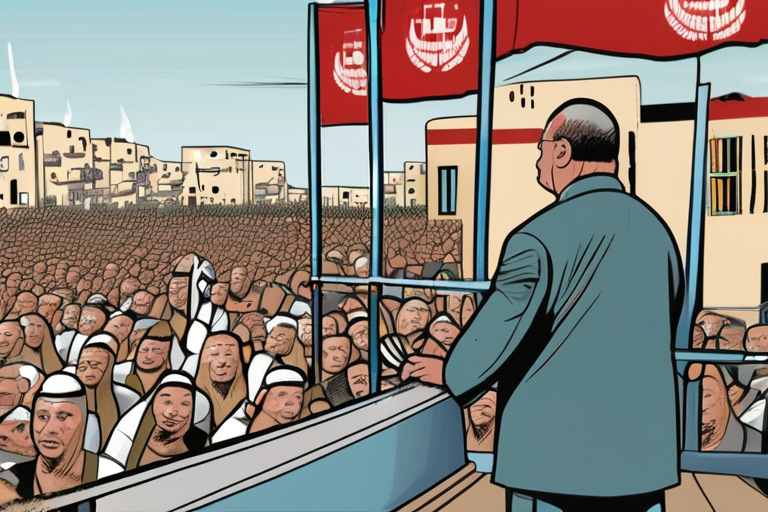
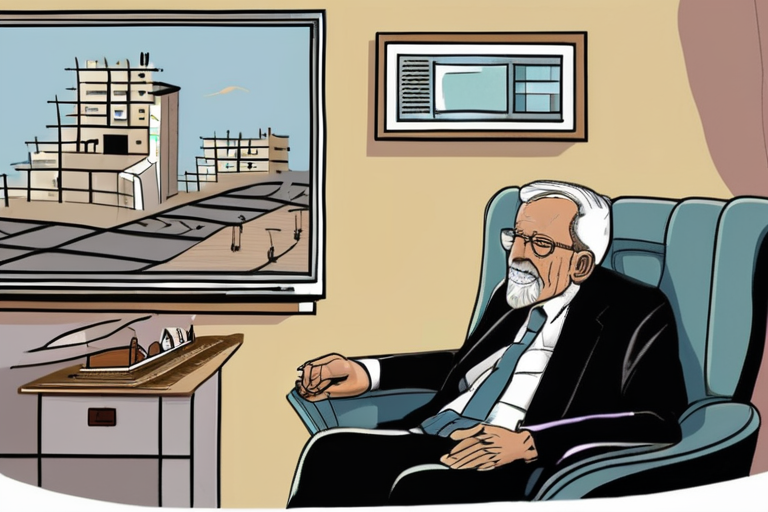
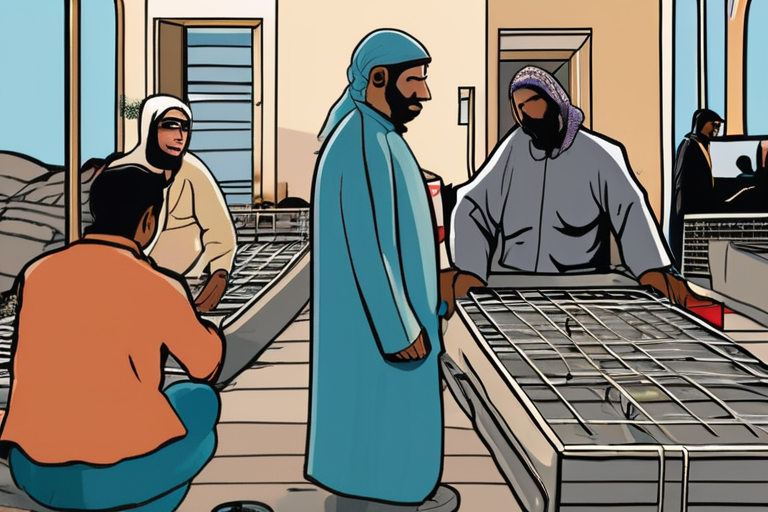
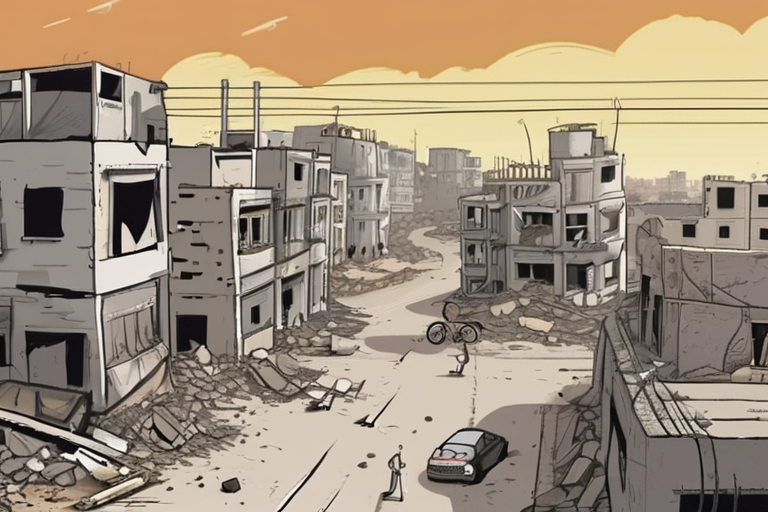
Share & Engage Share
Share this article